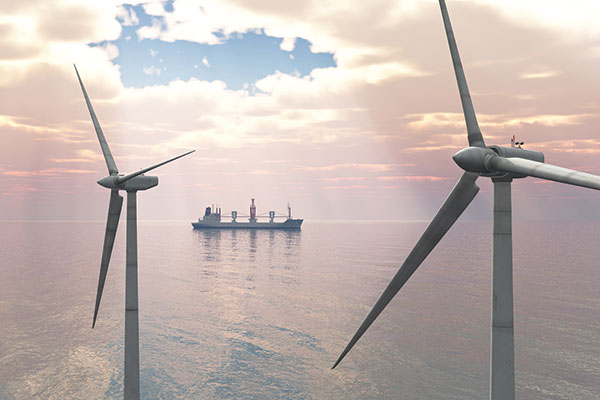FLEXSHIP
Moving the waterborne sector towards climate neutrality
| Business | Period | PROJECT COORDINATOR | Funding Scheme |
|---|---|---|---|
| Marine | January 2023-December 2026 |
Brussels Research and Innovation Center for green technologies, based in Brussels, Belgium. | EU Horizon Europe |
Challenge
 Electrification and electrical energy storage are at the same time major drivers and major challenges to move the waterborne sector towards climate neutrality and decarbonization.
Electrification and electrical energy storage are at the same time major drivers and major challenges to move the waterborne sector towards climate neutrality and decarbonization.
FLEXSHIP project aims to deliver an innovative concept for the electrification of vessels:
- a Green Digital Twin to design fit-for-purpose electrical grid architectures on board
- an integrated, compact, low-weight, modular, simple, highly efficient, large capacity battery system
- solutions to retrofit the battery system into two existing vessels, supplemented by a guide for the safe integration and operability on board.
FLEXSHIP received funding from EU Horizon Europe research and innovation program under Grant Agreement no. 101095863.
Approach
Our key activities:
- the verification of the reliable design and development of the modular battery packs
- the safe integration on board of the battery system into the existing power grid
- the optimal design of the energy management system to maximise operational flexibility and energy efficiency both full-electric and hybrid configurations
- the smart control for improved lifetime of the battery and of all power components.
Conclusion
The general outcome of FLEXSHIP project will further facilitate the transition of the waterborne sector to climate neutrality and environmental stewardship.
With electrification of vessels, retrofitting solutions and digital green technologies, FLEXSHIP will help ship owners and shipyards to adopt justified, sustainable and cost-efficient electrification solutions in their existing fleet and in new ships.
FLEXSHIP will develop business models and commercial strategies for technology transfer. Potential results that can be transferred to other sectors include: the compact (rack-less) battery design (rail sector, mobility applications), bi-directional power flow models (automobile sector, grid providers), smart DC micro grids (electric power sector, land-based power infrastructure), electrification of the port infrastructure.
Last but not least, FLEXSHIP will allow ship owners to electrify their fleet, progressively scaling up the electric energy and power availability to fit the needs of a large variety of vessels for seagoing and inland waterway operation.
